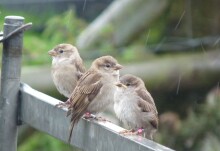

Ageing in isolation
No incentive for older birds to make new friends
Like people, birds have fewer friends as they age, but the reasons why are unclear. New research suggests they may just have no drive to.



No incentive for older birds to make new friends
Like people, birds have fewer friends as they age, but the reasons why are unclear. New research suggests they may just have no drive to.


Network Summer Meeting 2024
All day Summer Meeting spanning fungal biotechnologies, food security and human health.
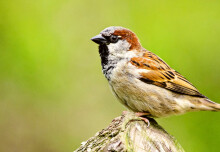

Morphine treatment and cheating sparrows: News from Imperial
Here’s a batch of fresh news and announcements from across Imperial.
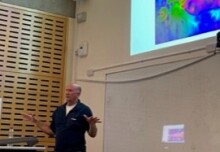

Imperial Fungal Science Network/Autumn Symposium 2023
Celebrating the diversity of fungal science


How the fish got its shoulder
A new analysis of the bones and muscles in ancient fish gives new clues about how the shoulder evolved in animals – including us.


Audio
Podcast: Monkey sex, walking robots, and DNA health
In this edition: We learn how same-sex sexual behaviour is common in macaques, how to teach robots to walk like dogs, and how DNA affects your health.
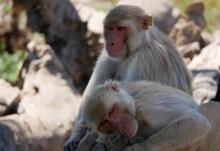

Study shows same-sex behaviour is widespread and heritable in macaque monkeys
Observations of a wild colony of macaques over three years show same-sex sexual behaviour among males is widespread and may be beneficial.
 1
1
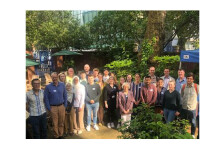

The Fungal Science Network brings together researchers at Imperial and beyond
Summer Meeting '23 hosting 60 guests at SK Campus & more online. Tackling global challenges in fungal science across our three key research themes.
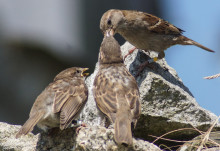

Being friendly but not too friendly helps sparrows breed successfully
A new study shows that sparrows with more opposite-sex friends contribute more to the gene pool, but ‘average’ friendliness wins out in the long term.
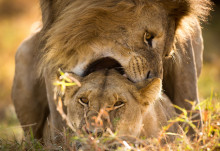

When ‘good genes’ go bad: how sexual conflict can cause population collapse
Males of a species evolving traits for sexual conflict can cause problems for females, and, ultimately, the whole population.